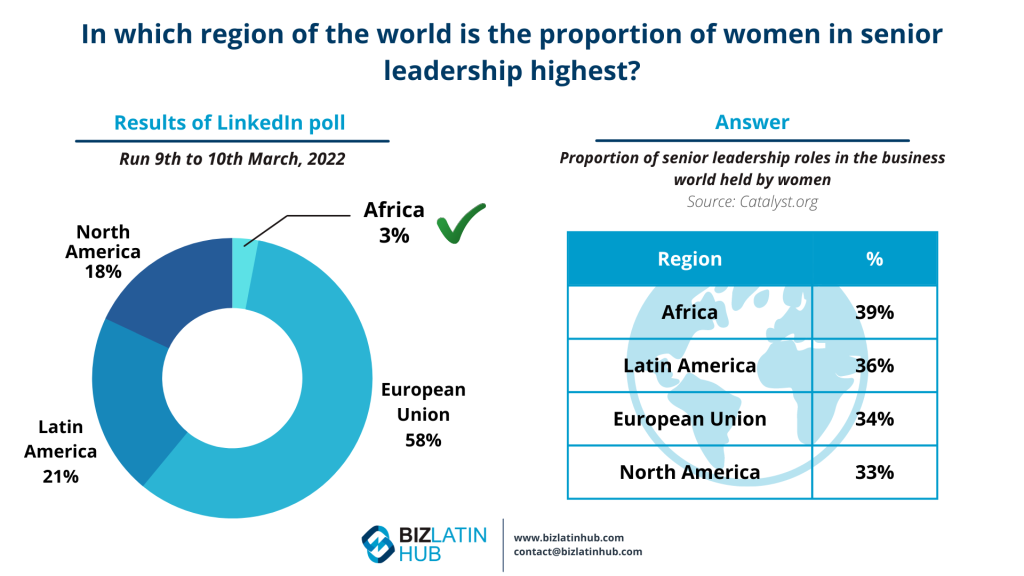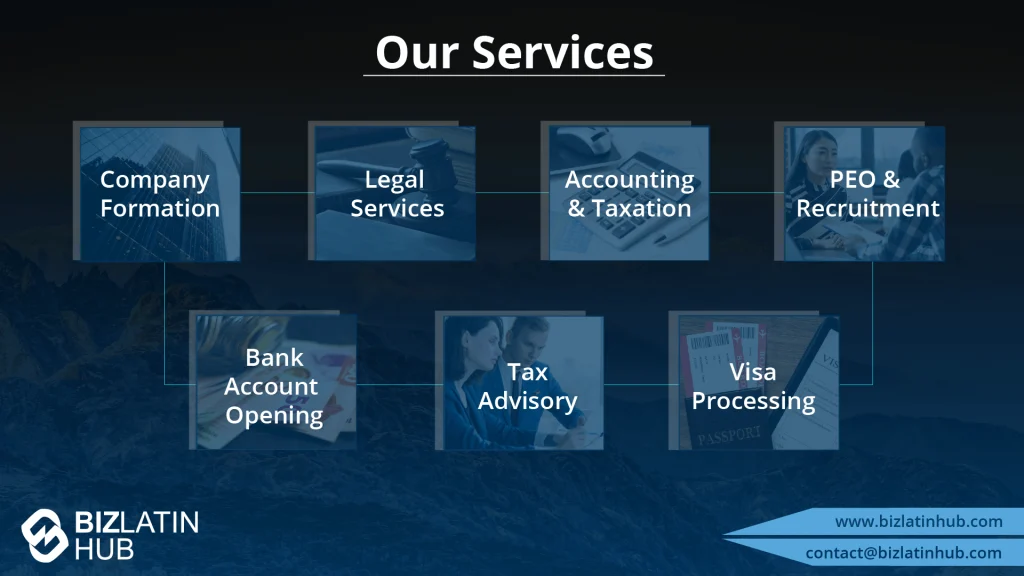As part of our Q&A series, Biz Latin Hub’s Romeo Moro caught up with Douglas Davis, a British accountant and member of the Association of Accounting Technicians, to discuss the challenges of doing business in Latin America.

Douglas has extensive experience working in the financial and legal sectors and providing market entry and back-office services in Latin America. Douglas is also an expert in real estate investment and consults in various overseas jurisdictions as well as acting in an executive capacity.
We observe ongoing globalization around the world. How has this influenced the Cultural Challenges of Doing Business in Latin America?
The globalization process is a global technical term that addresses the culture, connectivity, and integration of the world, including business. This process has been affected, in an enriching way, by improving relations between countries and increasing access to the Internet, technologies, and other tools that make it easier to access information.
The “millennial” culture focuses on an extreme connectivity and technological approach that sets a trend to conduct business online, work online, review online, and agree online.
Therefore, in the business cultural aspect, we have experienced a globalist trend in which foreign investors will be able to access and adapt their investments in LATAM more quickly with their global visions, wherever they come from.
LATAM still struggles to break down language barriers and adapt to regulations that differ from Europe, Asia and the US, but you certainly feel the effects of globalization in Latin America nonetheless.
What are some of the most severe cultural challenges of doing business in Latin America?
Communicating effectively and doing business in Latin America still remains worlds apart from other regions and a lot of this has to do with local languages and culture. Spanish is an extremely rich language in the form of expression and communication, and emotion is apparent during sales negotiations or the general client experience.
When doing business in Latin America one must understand the form of formal communication that should be used when it comes to corporate communication with business partners, employees, and in negotiations are very different in Spanish than in another language. In this sense, we always recommend getting advice from locals about effective forms of communication in the business world.
It is often mentioned that Latin Americans face obstacles when it comes to bureaucracy. What countries would you consider more accessible to enter when viewing this?
It is important to understand the state of bureaucracy in a historical context. The region is in constant development which stems from its European history that implemented systems of review and registration in almost all commercial acts that take place here.
For example, countries based in Central America do not have the same corporate authority that reviews and confirms that companies maintain their corporate books annually but has fairly strong banking reviews whilst in the Andean region (Ecuador, Peru, Colombia, Chile, Argentina) you will notice that the regulations require a state entity to review and approve that the partners of a company comply in many aspects of their reporting.
However, as a general rule, in Latin America you can expect processes to take longer than stated and with more rigorous document checking and general due diligence. With this said In LATAM, bureaucracy is always mitigated by hiring local advisors who know and handle technical and understandable criteria to make better decisions. I believe this is essential in decision making when it comes to entering the Latin American market.

When looking at American/European/Australian work environments and balances, taking power balances, time management, and work/life balance into account, how does it differ from Latin America in general?
There has not been a sufficient technical analysis on the treatment of personnel, effective working hours and labor objectives in Latin America and the lack of analysis means that employers may ask things workers were not informed about when they were hired, and vice versa for employee requests. Because of this there are many problems when executing the employment contract and it is common to find employees and employers seeking labor law advice.
Overall the general conception is that employees in Latin America work longer hours during the working week in less regulated environments. However, from the point of view of someone who hires regularly across the region, employees value a work balance that fits in with their personal life and you will find much less rotation in staff. Remembering that Rotation costs just as much if not more in Latin America and when you have found great talent do your best to keep it.
What countries would you consider more Hierarchy vs Egalitarian, and how come?
I believe that the topic of hierarchy depends a lot on the type of corporate structure and the vision of the corporate culture that investors put in their organizations at the local, regional and global level.
We, as BLH, have extensive experience in advising global companies that send us their criteria and policies that are increasingly egalitarian, the names of “bosses” have changed to “leaders” and that is part of a new way of seeing and doing business.
In our experience and internally, we share this culture of no more hierarchy, but of recognizable leadership and teamwork, giving performance indicators to control each headcount in its compliance, but always looking at the business objective.
I wouldn’t comment on whether there are specific countries with more Hierarchy vs Egalitarian, instead I would comment that across the region in all of our offices we continue to develop a balanced environment where businesses can thrive and support our clients to do the same no matter the jurisdiction nor the governing bodies that lead them.
To finish, what advice do you have for international companies trying to enter the Latin American market?
My suggestion when doing business in Latin America is to partner up with local experts. You should always complete a due diligence process and make sure you understand the local regulations and laws to ensure that your operation is in compliance and in a position to operate effectively.
Latin America is a region that is full of opportunities in multiple industries. Look to work with suppliers with a regional presence and diverse service scope when possible, which will help you to reduce your costs and to consolidate communication.
Biz Latin Hub can support you and your business in Latin America
At Biz Latin Hub, we have a multilingual team for legal, accounting, recruitment and company formation services, ready and waiting to support your business efforts in the Caribbean and Latin America.
Our broad range of services allows our clients to do business with the peace of mind that they have checked all the commercial boxes, and that they are compliant with all the relevant legislative and regulatory criteria.
To learn more about how we can assist you in doing business in Latin America, contact us.
Also, you can learn more about our team of professionals and how they are enabling commercial growth across Latin America.





